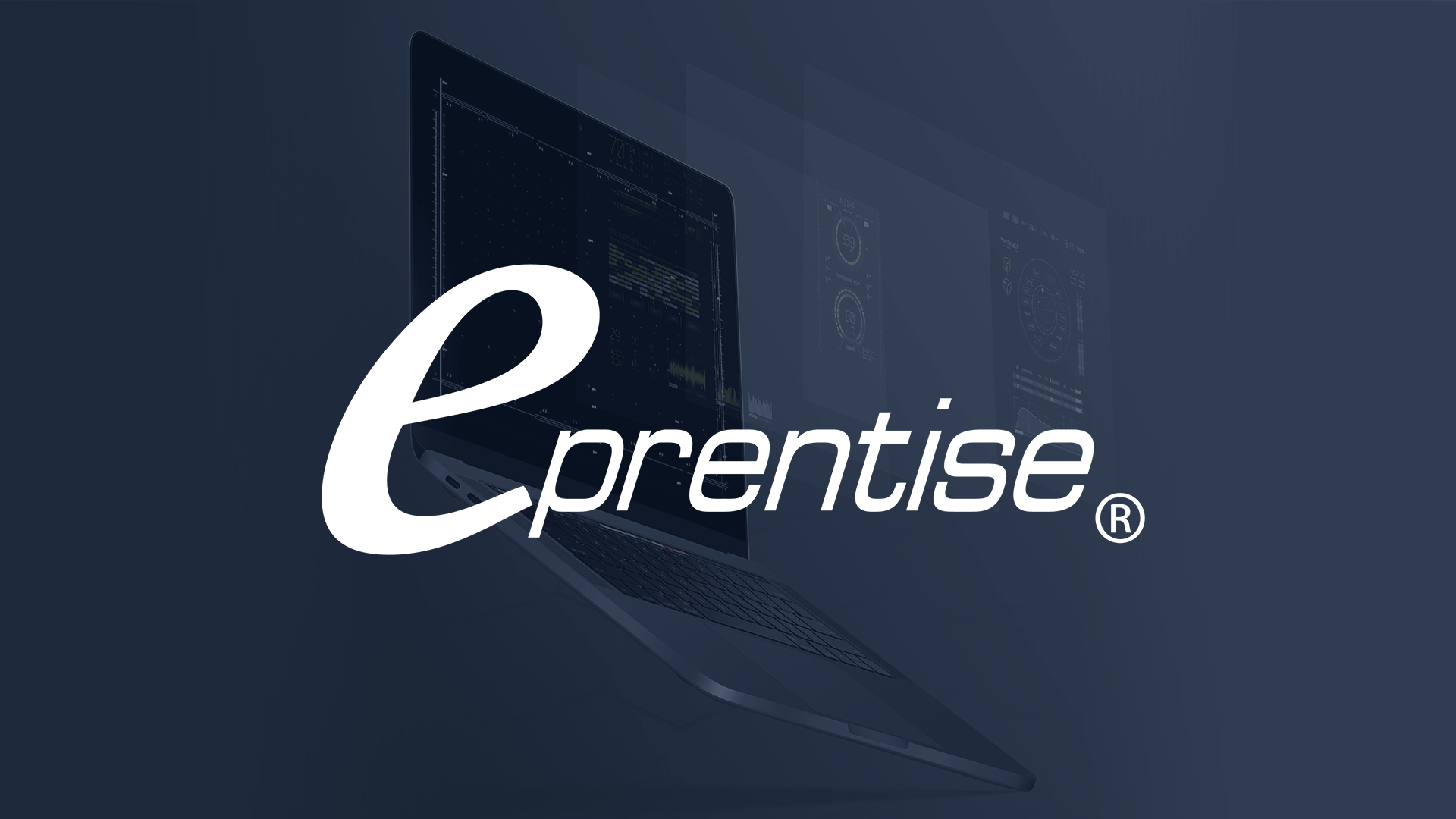Since 2008 the business world has been subject to shocks and reverses—none more so than the ongoing pandemic. In addition to the long-lasting health and economic impact of COVID, the pandemic has also sent vectors of change throughout the world of work.
Many enterprises didn’t support remote work eighteen months ago and now working from home has more than doubled from 31% to 62% since last year. Prior to 2020, isolation and Zoom fatigue were not major headaches for the average Chief Data Officer, but they certainly are today.
How can CDOs overcome these continuing enterprise challenges in the workplace? By learning how best to navigate the future of work. Here are current techniques that are working for Chief Data Officers.
CDOs Are Realizing That Remote Work is Here to Stay
When COVID is finally over, workplaces will never be the same and CDOs have learned to embrace this inevitable fact. CDOs have realized that remote working is efficient and effective, but it’s also isolating. There are definitely some yin-and-yang outcomes in this new paradigm.
Teamwork is essential in this emerging model. During the pandemic, silos became even more pronounced and team communication went digital overnight. You had to call everyone into an online meeting because there would be no “popping by their cubicle” later if someone needed a briefing.
In the chaos of the early part of 2020, CDOs had to manage various crises, missing targets, employees off sick, and the like. Along the way, teamwork became even more critical and CDOs rapidly increased their focus on collaboration and communication.
They met frequently with their teams to review data, identify key problems, and devise responses, often accomplishing end-points in days or weeks that might previously have taken months of effort prior to the pandemic.
CDOs Are Fostering a Data-Driven Culture
Fostering a data-driven culture is another important way CDOs are helping their teams prepare for changes in circumstances. Chief Data Officers were already experiencing an evolution prior to the pandemic, focusing on empowering their teams to make data-driven decisions. As with many other cases of business transformation, the pandemic accelerated this focus area for CDOs.
To build an enterprise data-driven culture, CDOs must:
- Clearly define their role as a CDO.
- Improve technology and data governance.
- Establish a partnership with the CIO.
- Increase data accessibility.
- Communicate the business value of data.
- Improve data literacy.
- Measure and scale success.
CDOs Are Championing Data Literacy
Modern enterprises are overrun with data. This could be a good thing, giving granular information about all sorts of business drivers. Unfortunately, it usually results in petabytes of material held on servers, which no one looks at. Chief Data Officers understand that everyone on their team needs to be data literate.
Data literacy has many benefits, including the ability to:
- Understand and communicate in a common data language.
- Outperform competitors and rise up in a competitive industry.
- Drive better business outcomes at all levels.
- Remain flexible and agile in even the most challenging circumstances.
By utilizing a good data literacy program, CDOs can prepare their enterprises for the future…no matter how uncertain or unpredictable the future is.
CDOs Are Making the Enterprise Agile
Will there be other serious events that will impact business in the future? It looks likely. Geo-politically the world is more unstable than ever. CDOs, in whatever business sector, will need to keep their enterprises agile, in order to benefit from whatever happens.
That means the data strategy should also be agile. Chief Data Officers are creating an agile data strategy roadmap that guides the implementation of a flexible and scalable strategy, combining long-term planning with short-scope projects. Through frequent reporting and iterations, all stakeholders are aligned to achieve quick wins and reach their strategic goals.
Staying responsive is key. An agile data strategy roadmap achieves this, helping the enterprise stay responsive during uncertain times without compromising on data quality or governance, or the incredible value of data.
CDOs Are Unifying Data Across the Enterprise
In order to prepare for future eventualities, CDOs understand the need to have complete oversight of enterprise data and to make sure it is available and accessible—not locked away in silos. Often business units have different methodologies and priorities, so their data and processes may not be compatible with other units.
A hindering factor for many enterprises without a CDO is that it will be a mish-mash of all sorts of data, which decreases the value that data will ultimately serve in the enterprise if it is unified. Instead of being prepared for the future, the enterprise is held back and may start to slide backward.
To prepare the enterprise for the future, CDOs are constantly analyzing their data strategy to ensure unification across the enterprise. Data has the power to bring teams together, which makes the enterprise that much stronger.
Rather than being caught by surprise when times are tough, these teams have run through various scenarios with their CDO and they have a response in place before issues arise. They have access to relevant and actionable data, whenever and however they need it.
______________
“Never let a good crisis go to waste,” is a saying attributed first to Winston Churchill, a man who weathered many crises in his long career. CDOs will need to prepare for the future and leverage the hard-won knowledge that the pandemic has given them.
The effects of the current economic crisis will be felt for many years to come. Only the most agile CDOs will be able to respond to future challenges and navigate the future of work.





























